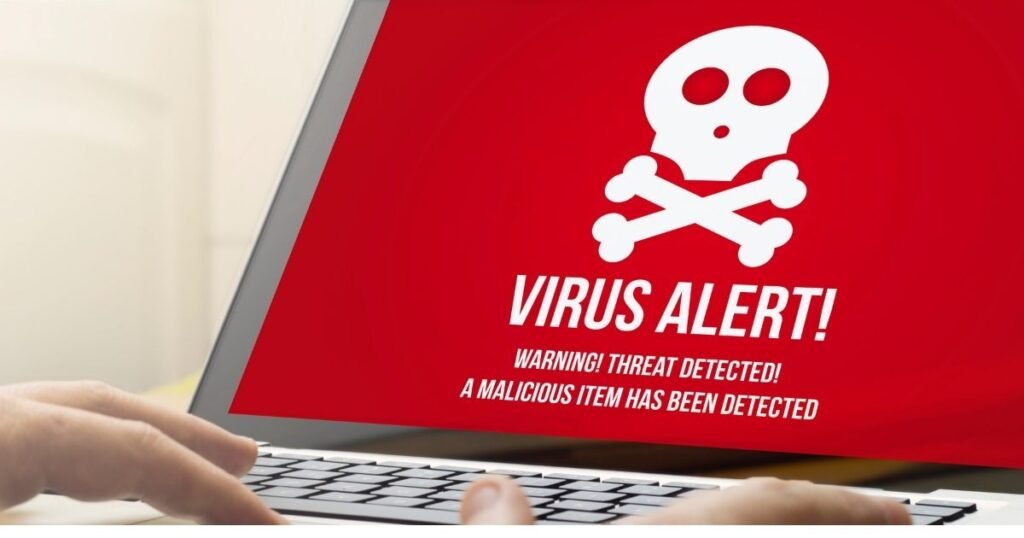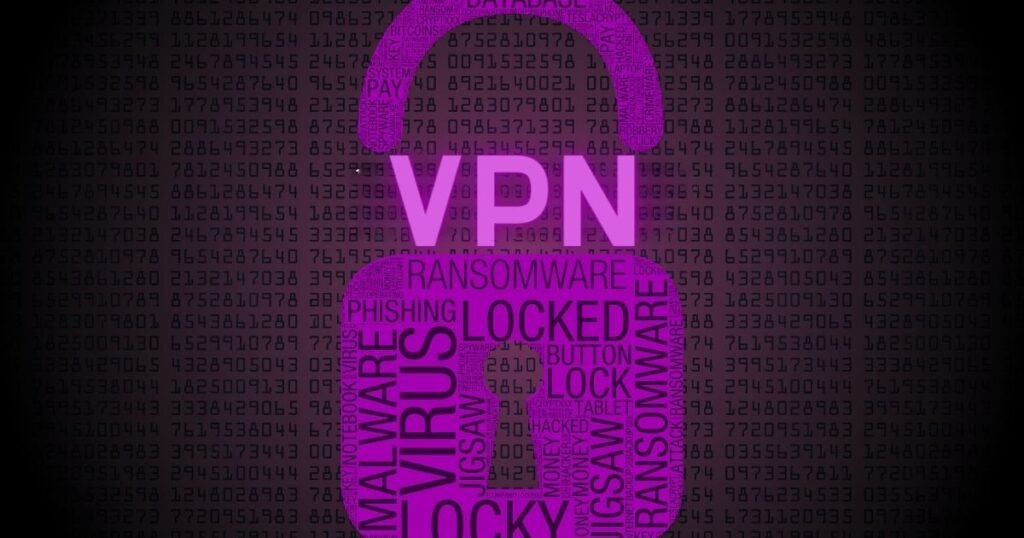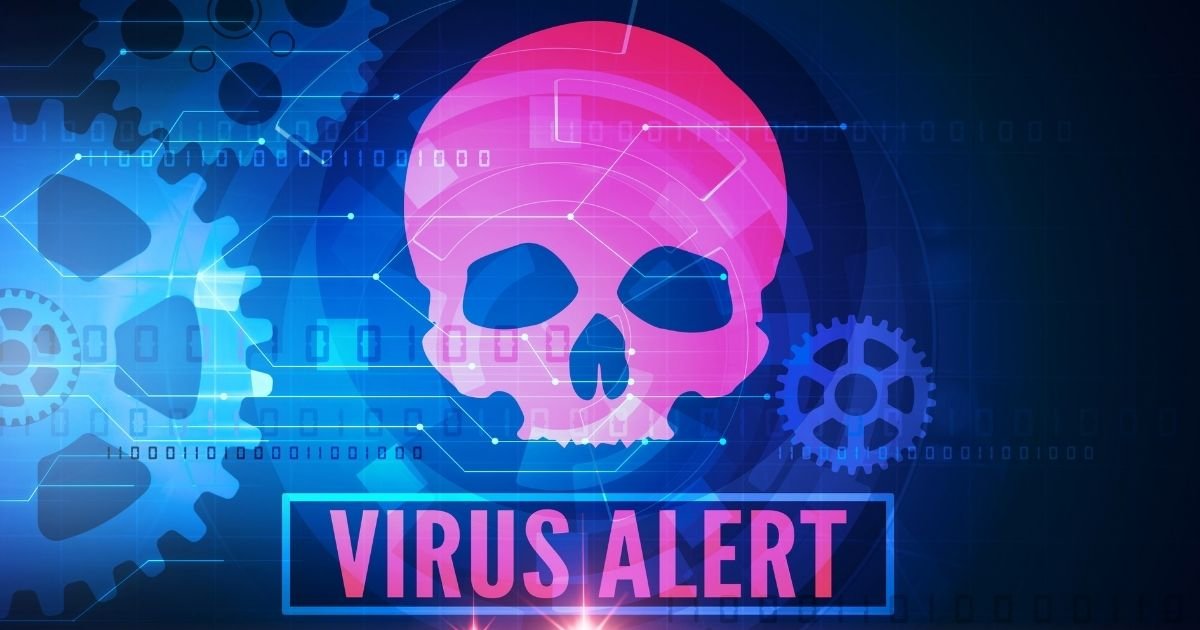In this era of technological advancement, the dark presence of computer viruses stands over us, casting a shadow of uncertainty on both our personal and professional fields. These malicious pieces of code can weak have on our devices, compromising sensitive information and causing irreversible damage. In the ever-expanding world of technology, the hazardous landscape of viruses appears large, threatening to compromise our digital existence. To reinforce our online stronghold, it is essential that we explore the complicated workings of these criminals – their inbuilt characteristics, their subtle modes of transmission, and the protective actions we can undertake to shield ourselves from their dangerous reach.

Introduction To Computer Viruses
In the realm of cybersecurity, the term “computer virus” denotes a form of dark software that is specifically engineered to self-replicate and penetrate additional computer systems. viruses, like their biological counterparts, have the ability to spread from one host to another, resulting in negative outcomes. Your computer can be infected through multiple methods, including downloading infected files, visiting compromised websites, or opening malicious email attachments.
Common Types Of Computer Viruses
There are a lot of viruses that are spreading around us. By recognizing which viruses have been entered into our computers. Some common types of computer viruses include:
- Worms
Worms are self-replicating programs that can spread independently without human intervention. They exploit vulnerabilities in network security to infect multiple computers, causing network congestion and system crashes.
- Trojans
Trojans, named after the Greek mythological Trojan horse, disguise themselves as harmless software. Once installed, they grant unauthorized access to your computer, allowing cybercriminals to steal sensitive data or gain control over your system.
- Ransomware
Ransomware encrypts your files and demands a ransom in exchange for their release. It has become increasingly prevalent in recent years, affecting individuals, businesses, and even government organizations.
- Spyware
Spyware is designed to gather information about your online activities without your consent. It can track your keystrokes, capture screenshots, and record your browsing history, posing a severe threat to your privacy.
- Adware
Adware inundates your computer with unwanted advertisements. While seemingly less harmful than other viruses, adware can significantly impact system performance and compromise the user experience.
The Impacts Of Computer Viruses
Computer viruses can have far-reaching consequences, impacting both individuals and organizations. Here are some of the key risks associated with computer viruses:
- Data Loss and Corruption
Viruses can delete or corrupt critical files and documents, leading to data loss and potential disruptions in personal or professional lives. Losing valuable data can be devastating, especially for businesses that rely on sensitive customer information.
Find the best antivirus for the data protection
- Financial Loss
In addition to the costs associated with data recovery, computer viruses can also result in financial loss due to stolen banking details, unauthorized transactions, or the payment of ransoms demanded by ransomware.
- Identity Theft
Certain viruses specialize in stealing personal information, such as login credentials and social security numbers. This stolen data can be exploited for identity theft, leading to financial ruin and reputational damage.
- System Downtime and Reduced Productivity
A virus-infected system often experiences frequent crashes, slowdowns, and freezes, causing significant downtime and hampering productivity. Businesses may suffer financial losses and damage to their reputation as a result.
Protecting Your Device From Computer Viruses
Prevention is always better than cure when it comes to computer viruses. By adopting proactive security measures, you can significantly reduce the risk of falling victim to these digital threats. Here are some essential steps to protect your device:
- Use a VPN
Use a reputable VPN we highly recommend not to use a free Virtual Private Network because those VPNs can leak your privacy and break the security. Using Nord or Surfshark can be the best option to save yourself from any viruses as they will not expose your location and data to hackers.

- Install Antivirus Software
Invest in reliable antivirus software that offers real-time protection against malware. Regularly update the software to ensure you are protected against the latest threats.
- Keep Your Operating System and Software Updated
Regularly update your operating system and software applications to patch vulnerabilities. Outdated software can serve as an open invitation for viruses to exploit it.
- Exercise Caution While Browsing and Downloading
Avoid visiting suspicious websites and refrain from downloading files from untrustworthy sources. Exercise caution when clicking on email attachments, as they may contain viruses or phishing attempts.
- Enable Firewalls and Network Security
Activate firewalls on your device to create a barrier between your network and potential threats. Use strong, unique passwords for your Wi-Fi network and change them regularly.
- Backup Your Data Regularly
Regularly backup your important files and documents to an external hard drive or cloud storage. In the event of a virus attack, you can restore your data without paying a ransom.
Ever heard about hacked webcam? Read: 7 signs of hacked webcam
Conclusion
In today's interconnected world, computer viruses pose a constant threat to our digital lives. Understanding the different types of viruses, their potential impacts, and implementing preventive measures can help us navigate this landscape safely. By staying vigilant, investing in robust security solutions, and adopting best practices, we can protect our devices and data from the hidden dangers of computer viruses.
Frequently Asked Questions
Q1: What is a computer virus?
Computer virus is a type of malicious software that can replicate itself and infect other computer systems. It can cause various damages, such as data loss, financial loss, and compromised privacy.
Q2: How do computer viruses spread?
Computer viruses can spread through various means, including downloading infected files, visiting compromised websites, or opening malicious email attachments. They can also spread through network vulnerabilities.
Q3: How can I protect my device from computer viruses?
To protect your device from computer viruses, you should install antivirus software, keep your operating system and software updated, exercise caution while browsing and downloading, enable firewalls and network security, and regularly backup your data.
Q4: What are the risks of computer viruses?
Computer viruses can result in data loss and corruption, financial loss, identity theft, system downtime, and reduced productivity. They can cause significant disruptions to personal and professional lives.
Q5: Why is it important to update software regularly?
Updating software regularly is crucial because it helps patch vulnerabilities and security flaws. Outdated software is more susceptible to attacks from computer viruses and other malicious threats.
For more trending blogs visit Do I Need VPN









